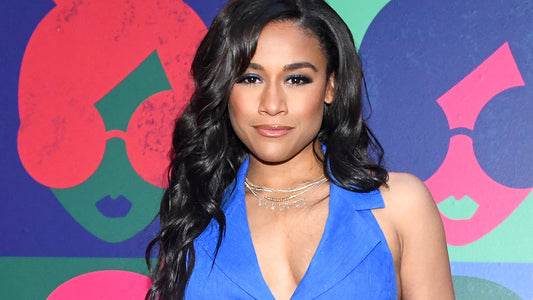
Sunlight can help boost your mood, your libido, and of course, your hair highlights 😉
But if you’re spending time outdoors, you need sunscreen, and that’s where things get a little tricky. Even though SPF is vital to healthy skin, some formulas have chemicals that can harm marine life, or they’re packaged with microplastics and other landfill candy. Ew.
To ensure your summer SPF protects your skin and the planet, new formulas have come up—and with them, new marketing lingo that’s sometimes helpful… and sometimes BS. Here’s our expert breakdown of both, along with SPF picks that shine bright for personal and planetary wellness.
“REEF SAFE”
Coral reefs are the most diverse ecosystems in the world, providing food, shelter, and coastal protection to millions of plants and animals. They’re also in deep decline from pollution and warming water. Two chemicals in SPF—oxybenzone and octinoxate—are thought to poison coral reefs, even though scientists aren’t sure there’s enough evidence to ban them entirely. Plus, “reef safe” isn’t a regulated term, which means it’s not the clearest way to pick a sunscreen. Sorry!
“MINERAL”
Instead of the oxy / octi combo, some SPF uses titanium dioxide and zinc oxide. These FDA-approved ingredients are naturally-occurring compounds, and they work like a shield to physically block UV rays from your skin. The downside: They’re not waterproof, so you need to reapply every 2-ish hours.
“NO CAST”
You know how sometimes, SPF turns your face chalky or white? A “no cast” sunscreen eliminates that issue, even for those with darker skin tones. Some sunscreens are “no cast” because they’re made with chemicals (including oxybenzone and octinoxate) that blend directly into the skin. Others are mineral sunscreen with added pigment or moisturizer.
“OCEAN PLASTIC”
At least 14 million tons of plastic end up in the ocean each year. Some SPF brands are trying to take it out by using recycled ocean plastic in their packaging. The material can then be reused, turning it into a more circular option for skincare products.
“BROAD SPECTRUM”
Like the plotlines of Selling Sunset, light rays are multi-faceted. You’ve got UV-A and UV-B rays from the sun, along with ultraviolet, blue, and red light from the myriad of devices we use all day. “Broad spectrum” means your SPF addresses all the lightwaves all the time, the way Chrishell addresses all the rumors all the time.
WAIT, CAN’T YOU JUST TELL ME WHAT TO BUY?
Oh, sure! Click here for our favorite sunscreens.



